Publications
Articles, publications, books, tools and multimedia features from the U.S. Institute of Peace provide the latest news, analysis, research findings, practitioner guides and reports, all related to the conflict zones and issues that are at the center of the Institute’s work to prevent and reduce violent conflict.
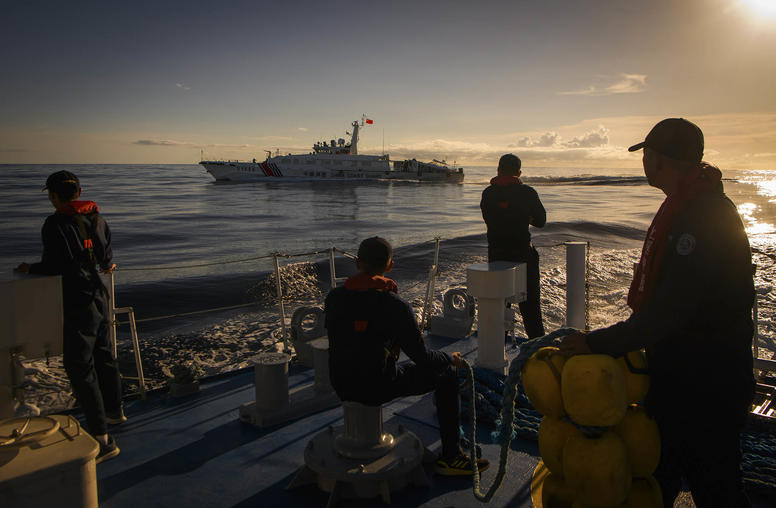
U.S., Japan, Philippines Strengthen Strategic Bonds to Counter China
Next week’s U.S.-Philippines-Japan summit comes against the backdrop of heightened tensions between Manilla and Beijing in the South China Sea, known as the West Philippines Sea in the Philippines. Last month alone saw two incidents of China’s so- called “gray zone” activities, with Chinese ships colliding with Philippines Coast Guard vessels on March 5 and blasting a Philippines supply boat with a water cannon on March 23. These disputes in the West Philippines Sea — an issue on which U.S., Japanese and Philippine interests closely align — will feature prominently when President Joe Biden, Philippine President Ferdinando Marcos Jr. and Japanese Prime Minster Fumio Kishida meet in Washington on April 11.

How a Fractured Myanmar is Navigating U.S.-China Rivalry
As the rivalry between the United States and China intensifies, Southeast Asian countries have been forced to navigate this growing power competition. The challenge has proven formidable even for those with strong governance and stability. For Myanmar — where a civil conflict between the ruling military junta and a loose alliance of resistance groups recently entered its fourth year — developing a cohesive approach to navigating U.S.-China competition might seem unattainable and unimportant in the current moment.

It’s Time to Resolve the Korean War
The greatest challenge to peaceful coexistence between North Korea and the United States is the technical state of war between the two countries. The United States and the Soviet Union may have been at ideological loggerheads, used proxies in regional conflicts and come close to direct superpower blows — but they were not in a state of war. Resolution of the Korean War should be set as a stated U.S. policy objective. This is a necessary Step Zero on the road to peaceful coexistence with North Korea today and could reduce the risk of deliberate or accidental conflict, nuclear or otherwise.

Ce qu'un gouvernement de transition en Haïti aura besoin pour réussir
Après des semaines de consultations, et au milieu d'une quasi-rupture totale de l'ordre et de la loi en Haïti, un effort dirigé par la Communauté caribéenne (CARICOM) pour créer un nouveau conseil de gouvernance de transition pourrait être sur le point d'être achevé. La mise en place du conseil permettrait l'entrée d'une force de sécurité multinationale qui pourrait ensuite se joindre à la police nationale haïtienne pour rétablir l'ordre. Certains ont suggéré l'inclusion de "facilitateurs" pour la nouvelle force de sécurité - soutien aérien, drones, renseignement. Mais pour gagner la confiance du peuple haïtien, le nouveau conseil de gouvernance aura besoin de ses propres "facilitateurs" populaires, d'un moyen systématique d'inclure de nombreux autres secteurs de la société haïtienne qui sont actuellement ignorés ou délibérément exclus de la gouvernance.

What a Transitional Government in Haiti will Require to Succeed
After weeks of consultations, and amidst a near total breakdown of law and order in Haiti, a Caribbean Community (CARICOM)-led effort to create a new transitional governing council may be nearing completion. The council’s establishment would allow for the entry of a multinational security force that would then be able to join with the Haitian National Police and restore order. Some have suggested the inclusion of “enablers” for the new security force — air support, drones, intelligence. But to gain the trust of the Haitian people, the new governing council will need its own popular “enablers,” a systematic way to include many more sectors of Haitian society that are currently ignored or deliberately excluded from governance.

Moscow Concert Hall Attack Will Have Far-Reaching Impact
On Friday, terrorists attacked the Crocus City Hall outside Moscow leaving 140 people dead and 80 others critically wounded. Soon after, the Islamic State claimed responsibility for the attack. The terrorist group, which is headquartered in Iraq and Syria, has several branches, including in South and Central Asia. Press reports suggest the U.S. government believes the Afghanistan-based affiliate of the Islamic State, ISIS-Khorasan (ISIS-K), was behind the attack. The Biden administration has publicly noted that it had warned the Russian government of the terrorism threat in early March in line with the procedure of “Duty to Warn.”
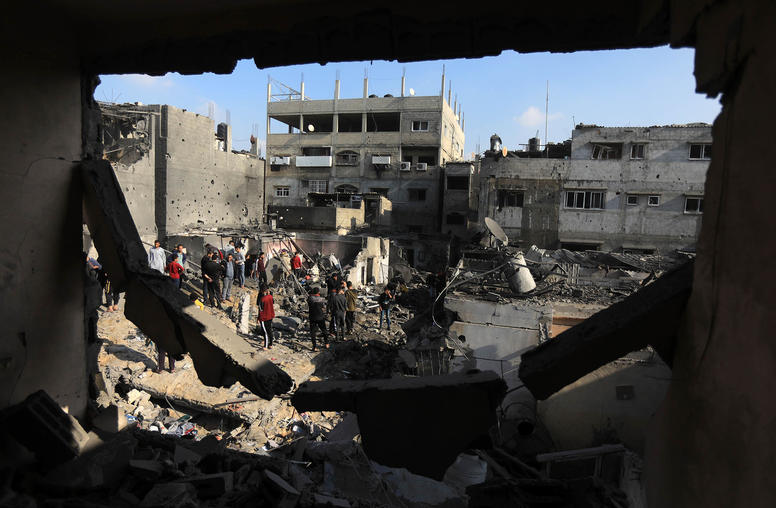
What Does the U.N. Cease-Fire Resolution Mean for the Israel-Gaza War?
On March 25, the United Nations Security Council (UNSC) passed Resolution 2728, calling for an “immediate” cease-fire in Gaza. The motion’s passage came after weeks of back and forth and posturing among the UNSC’s permanent and rotating members. The exact phrasing of the resolution and its relevance to the situation on the ground, as well as bilateral and multilateral relations — particularly U.S.-Israel ties — have been the subject of heavy public and media attention since Monday, raising questions about the resolution’s subtext, intent and limitations. USIP’s Robert Barron looks at these questions.
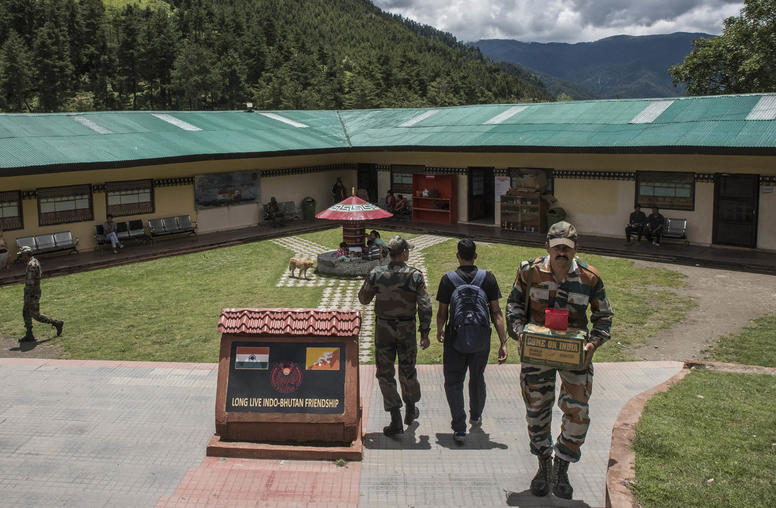
What’s Driving India-China Tensions?
Since deadly clashes between India and China on their 2,100-mile disputed border — known as the Line of Actual Control (LAC) — nearly four years ago, the two countries have remained in a standoff and amassed an increasing number of troops on either side of the LAC. While India and China have held regular exchanges at the corps commander level since 2020, each side has also continued to militarize and invest in infrastructure in the high-altitude border regions, which may exacerbate risks of clashes or escalation. India-China competition has also deepened beyond the land border, particularly in the Indian Ocean region.
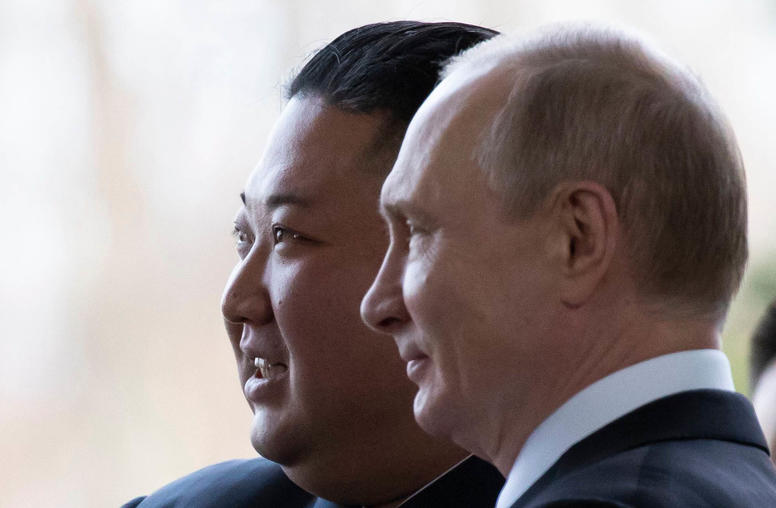
Three Conditions for Successful Engagement with North Korea
The September 13, 2023, meeting between Vladimir Putin and Kim Jong Un in Russia’s Amur Oblast marked a significant crippling of the decades-long U.S. pressure-based approach toward North Korea. The strategy of isolating and pressuring North Korea through United Nations Security Council resolutions to compel its nuclear disarmament in exchange for providing normalized relations, economic aid and sanctions relief may or may not ever have been a winning strategy, but now is no longer viable. The strategy required cooperation among the United States, South Korea, China and Russia, but this now seems a distant prospect.
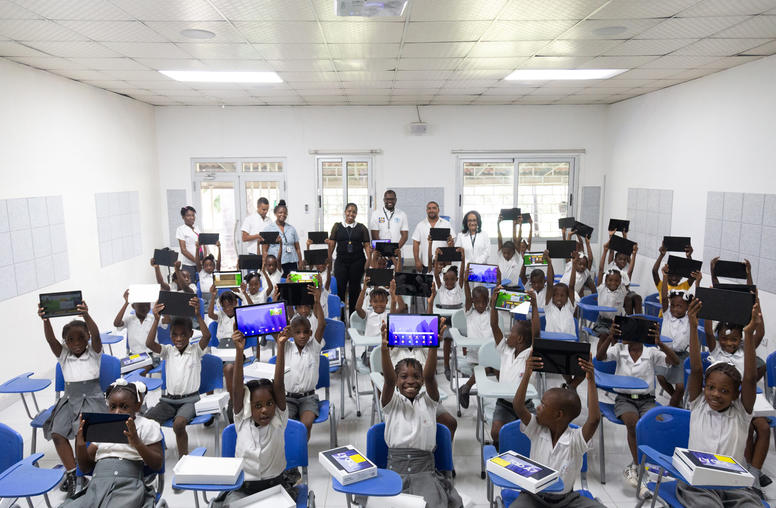
For Peace in Haiti, Let’s Build on the Success We’re Ignoring
Haiti’s new eruption of violence threatens anarchy and famine for its 11 million people and endangers security in the entire region, yet “an old narrative that ‘Haiti is hopeless’” risks deterring U.S and international policymakers from any real effort to help, says Marie-Marcelle Deschamps, an internationally recognized Haitian doctor and humanitarian. “The world is hesitating, and thus isolating Haiti, but this ignores many successful ways that Haitians and international partners have built progress and peace together.”